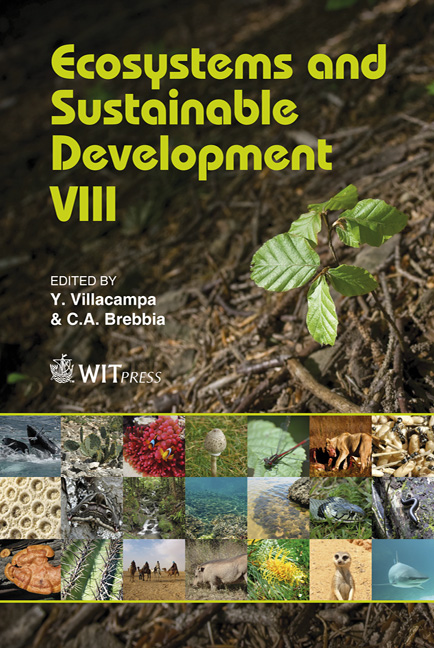An Alternative Tourism Model For Sustainable Development In Los Cabos, Baja California Sur, Mexico
Price
Free (open access)
Transaction
Volume
144
Pages
8
Page Range
191 - 198
Published
2011
Size
4,650 kb
Paper DOI
10.2495/ECO110171
Copyright
WIT Press
Author(s)
O. Arizpe & A. Gámez
Abstract
Baja California Sur (BCS) is the largest coastal state in Mexico and helps shape the Gulf of California. This northwestern region has a historical, cultural, and ecologic relevance that has recently been reassessed by the growing importance of tourism-related activities. Among them, eco-tourism has been acknowledged to have comparative advantage as a source of economic, environmental and social welfare, provided a process of planning, evaluation, control, and continuous adjustments is put in place. Yet as in the rest of the state territory the municipality of Los Cabos, BCS, Mexico, the most important tourist destination, has inadequate development plans. In the context of a high population and tourist pressure, the area has become extremely vulnerable. In order to counterbalance this trend and generate tools for decision makers, we characterized environmental, social and economic components in the Los Cabos municipality, emphasizing the tourism sector; public participation was included through community and government level workshops. A diagnosis was concluded, which included models and maps of economic aptitude or capacity for each micro region. As proven by our analysis, sustainable tourism could be a means for using natural and social resources in a profitable way. Decision makers and the community of Los Cabos will, nonetheless, face important challenges to strengthen the type of economic activities sustainable tourism involve versus the trend to traditional mass tourism, to secure public access to coasts and beaches, to protect landscape quality and, in general, to manage growth in the region. Keywords: alternative tourism model, sustainable development, Los Cabos, Mexico.
Keywords
alternative tourism model, sustainable development, Los Cabos, Mexico





